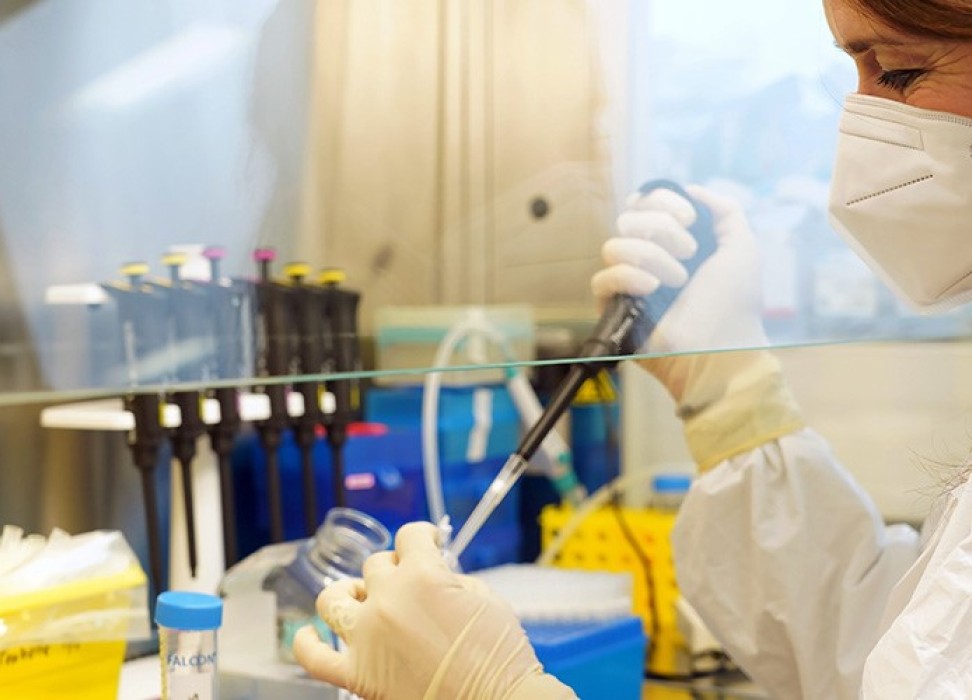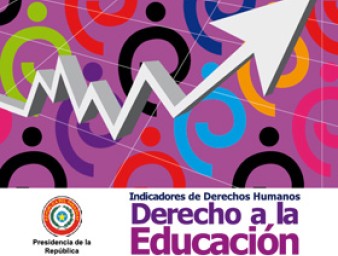Open Science: the power to unite nations
28 October 2020

“Open Science” – the sharing of scientific discoveries and advances - has the power to unite nations, according to a Joint Appeal launched this week.
The Appeal, by the Office of the High Commissioner for UN Human Rights, the UN Educational, Scientific and Cultural Organization (UNESCO) and the World Health Organization (WHO), with the participation of the European Organization for Nuclear Research (CERN), says that Open Science can reduce inequalities and help respond to the immediate challenges of COVID-19, while calling for an “opening of the gates of knowledge.”
The term “Open Science” essentially means open access to scientific publications, data and outputs, as well as to open source software, education resources, and technologies such as tests and vaccines.
COVID-19 has demonstrated the urgent need to strengthen scientific cooperation between nations, and to guarantee the fundamental right of universal access to scientific progress and its benefits.
During a time when rumours are prolific and false information is spreading fast, it is even more essential to promote confidence in science.
“The suppression or denial of scientific evidence in some circles – and reluctance to adopt evidence-based policies – have magnified the devastating harms the pandemic is generating,” said UN High Commissioner for Human Rights Michelle Bachelet. “A basic principle of public health is the need for full and honest engagement with the public. Use of force will not mitigate or end this pandemic – but the use of science, and fully informed public consent and compliance, will.”
Bachelet also stressed that under international human rights law, States have a clear obligation to ensure international cooperation and access to a vaccine. “Everyone, including vulnerable or marginalised individuals and groups, is entitled to enjoy the benefits of scientific progress,” she said.
Closed science models at an “impasse”
According to UNESCO, before the COVID-19 crisis, only one in four scientific publications were openly accessible. As UNESCO Director-General Audrey Azoulay stated, this deprived thousands of researchers the possibility to access the work of their colleagues.
“Today, closed science models are at an impasse, because they amplify inequalities between countries and researchers, and because they only make scientific progress available to a minority,” said Azoulay.
Ms Azoulay argues that it is not just a question of opening up access to publications, but that Open Science “also means taking science outside the scientific community, by developing open educational resources and developing scientific culture – to democratize science and ensure that it responds to the needs of contemporary society.”
Dr Tedros Adhanom Ghebreyesus, Director-General of WHO, spoke of the global actions launched by the organization to boost access to the benefits of science in the context of COVID-19. He highlighted the Solidarity Call to Action jointly launched by the President of Costa Rica and WHO and the COVID-19 Technology Access Pool (C-TAP).
In their Appeal, Ms Azoulay, Mr Tedros and Ms Bachelet “recognize the power of scientific cooperation and diplomacy to unite nations, civil society, the private sector and the world, while stressing the importance of evidence-based decision-making.”
The three state that “effective and sustainable public policies should rely on verified information, facts and scientific knowledge for the benefit of all.”
At the request of its Member States, UNESCO has prepared a draft Recommendation, in a process that has included broad consultations, notably with scientists, governments and institutions such as WHO and CERN. The first draft text of the UNECSO Open Science Recommendation is currently open for comments. The revised text will be negotiated by Member States, who are scheduled to adopt the final version at the next General Conference in November 2021.
28 October 2020

